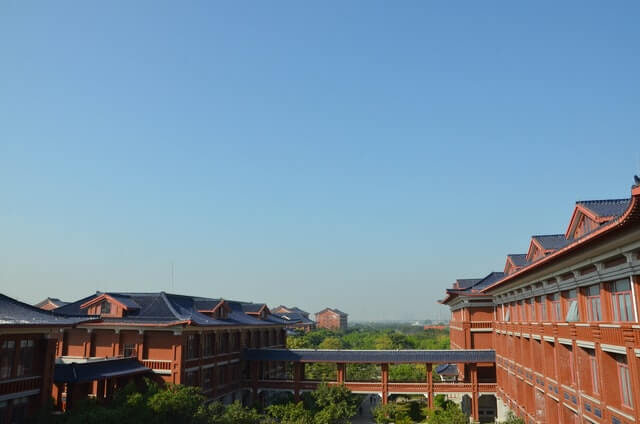
When you decide to sue a Chinese company, where will you file the lawsuit? China or your own country, provided that both have jurisdiction over your case?
This post was first published in CJO GLOBAL, which is committed to providing consulting services in China-related cross-border trade risk management and debt collection.
We try to compare the litigation in China with that in other countries in one minute.
1. Enforcement
If you sue in China, it will be very convenient to enforce the judgment.
If you sue in other countries, there might be some problems with the enforcement, because not all foreign judgments are enforceable in China. Although the judgments from most of China’s major trading partners are already enforceable in China.
2. Law
The Chinese courts will probably apply Chinese law to your case.
If you sue in other countries, your case is likely to be governed by the law of the forum state (lex fori), for instance, the law being that of your country. This will put the odds in your favor.
3. Language
Chinese courts only allow the Chinese language for litigation.
I believe that most courts in other countries use their official languages for litigation. For example, your native language.
4. Evidence
In China, you bear the duty to provide evidence in support of your allegations. In other words, the other party generally doesn’t have to comply with your request and submit evidence against them.
The civil proceeding in other countries, at least in common law countries like the United States, follows the evidence discovery rule. On its website, Cornell Law School describes this rule as follows: During discovery, the plaintiffs can force the defendant to give them evidence that they can use to build their case.
5. Service of Process
If you and the defendant are both in China, litigation in China will be convenient, as the court can serve the defendant directly.
If you and the defendant are in China, and you choose to sue in other countries, the foreign court will need to serve the defendant in China according to the Hague Service Convention. Each service may take more than a year and may even fail from time to time.
6. Interim Measures
In China, “interim measures” is known as “property preservation” (訴訟保全). You can apply to the court for property preservation once you file a lawsuit, so that the other party’s property is preserved in time.
If you sue in other counties, you can no longer apply to a Chinese court for interim measures. Meanwhile, Chinese courts rarely enforce interim orders from foreign courts.
7. Time and Cost
Chinese courts do not charge too much. And Chinese attorneys rarely charge by the hour, but by a percentage of the claimed property’s value, say 8-15%. So, you can predict that cost before initiating legal proceedings.
Court fees vary from country to country. Since lawyers in many countries charge by hours, it is difficult to compare the attorney’s fees in China with those in other countries.
For more information, please read the full texts of our earlier post ‘Suing in China vs Suing in Other Countries: Pros and Cons’.
The Cross-border Trade Dispute 101 Series (‘CTD 101 Series’) provides an introduction to China-related cross-border trade dispute, and covers the knowledge essential to cross-border trade dispute resolution and debt collection.
* * *
Do you need support in cross-border trade and debt collection?
CJO Global's team can provide you with China-related cross-border trade risk management and debt collection services, including:
(1) Trade Dispute Resolution
(2) Debt Collection
(3) Judgments and Awards Collection
(4) Anti-Counterfeiting & IP Protection
(5) Company Verification and Due Diligence
(6) Trade Contract Drafting and Review
If you need our services, or if you wish to share your story, you can contact our Client Manager Susan Li (susan.li@yuanddu.com).
If you want to know more about CJO Global, please click here.
If you want to know more about CJO Global services, please click here.
If you wish to read more CJO Global posts, please click here.
Contributors: Meng Yu 余萌








